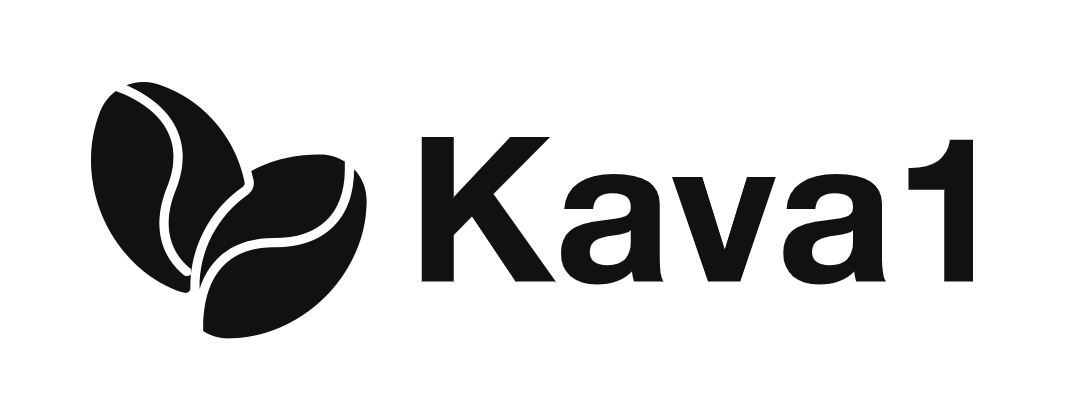Blogs
DECAFFEINATED COFFEE: PROPERTIES AND CONTRAINDICATIONS

Is decaffeinated coffee dangerous for health? We often hear about the fact that decaffeinated coffee is contraindicated and that it would be preferable to consume the traditional one. This is why we decided to carry out an in-depth research trying to clarify what are the real properties and any contraindications of the caffeine-free variant of the most consumed drink in Italy . Obviously we will not provide medical opinions but a collection of prevailing opinions with respect to the current scientific debate. For a comprehensive and detailed overview of your health, we always recommend that you speak to an expert personally.
What is decaffeinated coffee?
Decaffeinated coffee is obtained, precisely, through a decaffeination process . The first caffeine-free coffees date back to the early twentieth century, when the founder of HAG, Ludwig Roselius, devised the first method for obtaining decaffeinated coffee . In practice, he thought of exploiting the steam to make the coffee porous and then, using organic solvents, he eliminated the caffeine from the grains. Current methods are decidedly more advanced and today allow the elimination of caffeine without altering the aroma and flavor of the coffee.
How is it worked?
In practice, the wholesomeness of decaffeinated coffee depends on the method used and the type of blend. For example, if the Arabica blend contains less than 2% of caffeine, the Robusta contains almost double it. A decaffeinated coffee , as a rule, must contain a quantity of caffeine not exceeding 0.1% and, therefore, it is possible to obtain this result through different methodologies.
The oldest and most traditional method is the one using dichloromethane . It involves a bath in coffee water to increase the volume of the beans without altering the aromas. Subsequently dichloromethane is applied, the organic solvent capable of eliminating caffeine. Finally, during roasting, the heat will cause the solvent to evaporate and, therefore, no residue will remain in the coffee.
The second method is the one that involves only the use of water and activated carbon . In practice, the beans are immersed in hot water which, through the coals, acts by retaining the caffeine. Hot water, however, reduces the presence of aromas and nutrients and therefore damages the beans, worsening the quality of the coffee.
The most used method
Finally, there is the carbon dioxide method which, in addition to being the most widespread, is also the most complex. In practice we proceed using carbon dioxide in the liquid and gaseous state which, in contact with the coffee, acts as a solvent and causes the caffeine to evaporate . The coffee beans are then treated with CO2 in a “supercritical” state, at precise pressure temperature levels.
This is where the substance extracts the caffeine without affecting the nutrients. The caffeine is separated and purified for other industrial uses while the coffee is dried and prepared for sale . This method is able to preserve the aromas and avoid the use of solvents, without involving health risks.
Is caffeine bad for your health?
However, the caffeine extraction method is not indicated on the coffee packages, even though almost all industries use the one with carbon dioxide. The bottom line is that no treatment can eliminate caffeine entirely , so even the best decaf coffee could be harmful for those with heart or circulation problems.
Furthermore, decaffeinated coffee deteriorates much faster than normal coffee, especially if it is not consumed quickly after opening. As for our initial question, it must be clarified that decaffeinated coffee is not bad in general . The abuse of any substance, on the other hand, is always harmful.
The extraction methods used today are absolutely safe, therefore the risks do not derive from the fact that the coffee is caffeine-free but from the effect of the drink on our body. If we consume more than four coffees a day we expose ourselves to the risk of gastritis and gastric reflux . The severity of the effects also depends on the subject and his medical history since a heart patient or a pregnant woman should limit or even stop consuming it.
Under normal conditions, the recommended doses of coffee should not exceed four hundred milligrams but this is true for caffeine, the substance that could be responsible for problems with nutrition, sleep and digestion. As for decaffeinated coffee, there are no separate official recommendations so the important thing is to consume it without exaggerating. In conclusion, the only disadvantage concerns the nutritional properties of the coffee which, with the decaffeination process, are eliminated, leaving only a less marked aroma and taste in the cup .
Decaffeinated coffee in capsules
You want to enjoy a good decaffeinated coffee using your trusty coffee machine: how to do it? The good news is that there are decaffeinated coffee capsules, like our Decà line available for all the main systems: Nespresso, Dolce Gusto, A Modo Mio, Caffitaly, Espresso Point, Ese, Uno System.
Characterized by a delicate and light aroma, the DolceVita Espresso decaffeinated coffee capsules have the same rich aromas and the same round body of an Italian espresso: the right way not to give up the pleasure of a good espresso, but with a low of caffeine!

